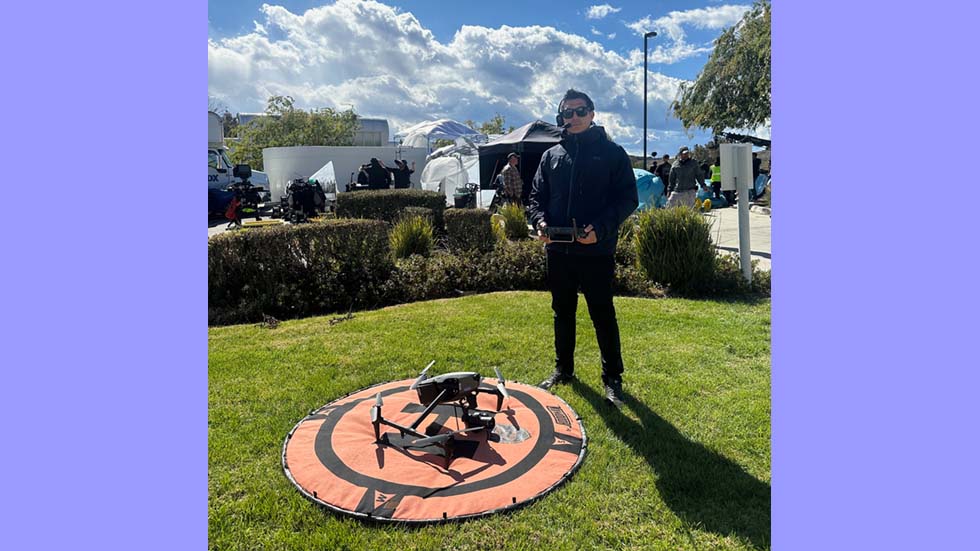FCC Update: Powell offers plan to spur DTV transition

Powell offers plan to spur DTV transition
By Harry C. Martin
FCC Chairman Michael Powell has sent to Congressional leaders a plan to spur the national DTV transition. Powell acknowledged that his plan is not intended to be entirely comprehensive. For instance, it does not address thorny issues such as copyright protection or equipment compatibility. Rather, the plan is designed to emphasize actions that can be taken now, without regulatory intervention.
Powell calls for the top four broadcast networks, as well as HBO and Showtime, to provide high-definition or other “value-added DTV programming” during at least 50 percent of their prime-time schedules, beginning in the 2002-03 season. The idea is to give “consumers something significantly different than what they currently receive in analog.” Powell's plan also asks DTV affiliates of the top four networks located in the top 100 markets to pass through on a non-degraded basis their network DTV signals by Jan. 1, 2003, or as soon thereafter as they begin DTV broadcasting.
Powell asks broadcasters to add to the attractiveness of DTV programming by promoting it on their analog channels. The idea is to give consumers an incentive to acquire DTV receivers. It is not clear, however, how the plan to offer different “value-added” programming on the DTV channel will square with the DTV simulcasting requirement beginning next year. As the Commission's rules now stand, beginning April 1, 2003, DTV licensees would be required to simulcast 50 percent of their analog station's programming on their DTV channels.
Powell's letter asks that cable systems and DBS service providers carry signals of up to five digital programming services which air digital programming during at least 50 percent of their prime-time hours by Jan. 1, 2003.
Finally, Powell asks equipment manufacturers and retailers to commit themselves to meeting consumer demand for cable set-top boxes to enable the display of high-definition programming, and to marketing broadcast, cable and satellite DTV options in retail outlets. Manufacturers are asked to begin including over-the-air DTV tuners in new broadcast TV receivers. The plan calls for a phased-in inclusion of such tuners, beginning with larger sets and culminating with all sets over 13 inches including such tuners by 2006. By 2004, Powell wants all new HD-capable TV receivers and display devices to include digital inputs.
Get the TV Tech Newsletter
The professional video industry's #1 source for news, trends and product and tech information. Sign up below.
A number of broadcasters see Powell's initiative as a step in the right direction. However, all segments of the television industry, including cable and equipment manufacturers, expressed some reservations and a desire to hear more.
Captioning of emergency information now required
Effective April 1, 2002, all television stations, multichannel video programming distributors and other direct distributors of video programming to the home must make emergency information accessible to persons with visual disabilities by presenting the audio portion of such emergency information with closed captioning or another method of visual presentation conforming to the requirements of the closed-captioning rules.
Emergency information that is provided in the video portion of a regularly scheduled newscast, or newscasts that interrupt regular programming, also must be made available to persons with visual disabilities. Emergency information that is provided in the video portion of programming that is not a regularly scheduled newscast, or a newscast that interrupts regular programming, must be accompanied by an aural tone.
Unlike the new video description rules, which limit their applicability to the top 25 markets, the emergency information rules, like the closed captioning rules, apply to all providers of television programming who are subject to the jurisdiction of the Commission.
These emergency information rules, as well as the video description rules, are under review by the D.C. Circuit Court of Appeals. The challengers filed for a stay of their April 1, 2002, implementation date pending judicial review, but the Commission and the Court denied those requests.
Harry C. Martin is an attorney with Fletcher, Heald & Hildreth PLC, Arlington, VA.
Send questions and comments to:harry_martin@primediabusiness.com
Dateline
July 10 — Deadline for electronic filing of quarterly Forms 398 (children's programming report) and for placing quarterly issues/programs in the public file.
Do you have a comment about this article? To tell us your thoughts, click here.
